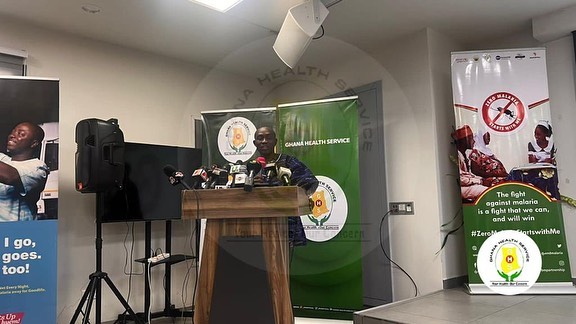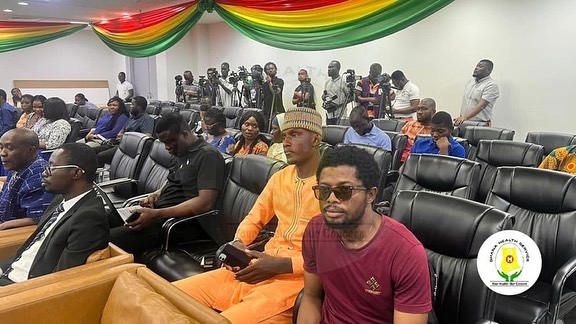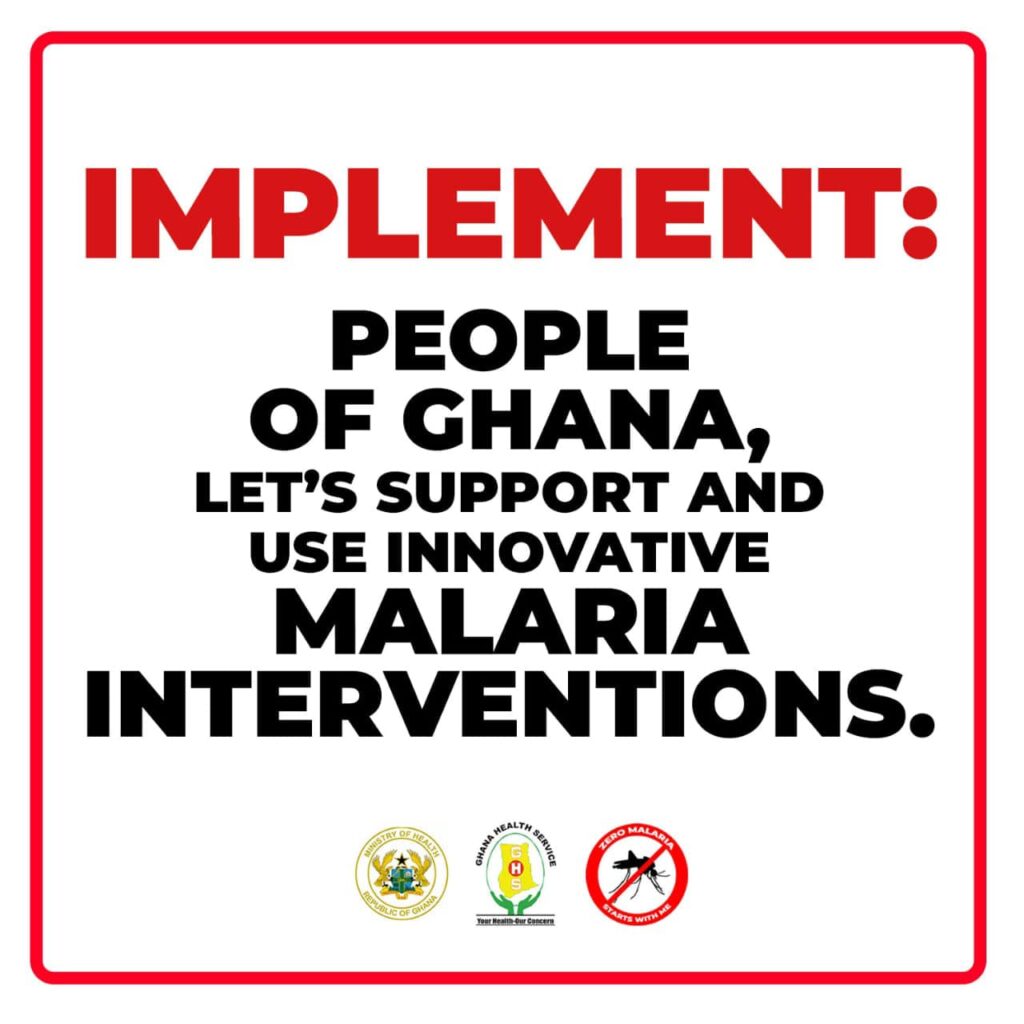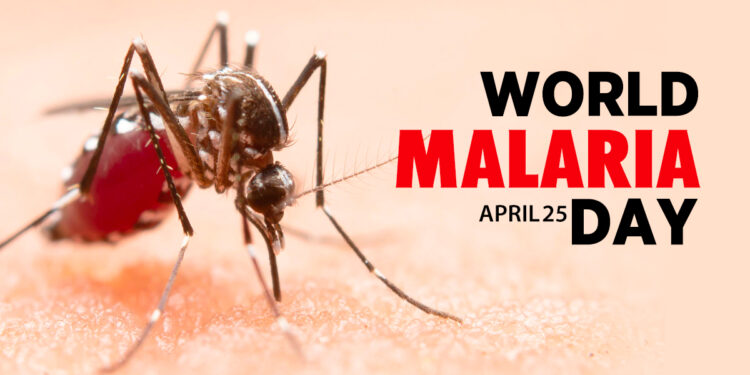On 25th April annually, the world celebrates World Malaria Day to highlight the need for continued investment and sustained political commitment to malaria prevention and control.
The celebration was instituted by the WHO Member States during the World Health Assembly of 2007.
World Malaria Day 2023 is being marked under the theme “Time to deliver zero malaria: invest, innovate, implement” with a focus on the third “i” which is implement.
Ghana’s effort at delivering the zero malaria
At a recent press briefing held by the Ministry of Health in collaboration with the Ghana Health Service in commemoration of the 2023 World Malaria Day, the Director of Public Health at the Ghana Health Service, Dr. Franklin Asiedu-Bekoe stated that Ghana has achieved great success in its fight against malaria.
He notes that this was realized with the support of Government of Ghana, Global Funds, Partners, and Stakeholders.

He highlighted that the country’s malaria prevalence in 2011 increased from 27.5% in 2011 to 8.6% in 2017, a truth testing from 38% in 2012 to 98% in 2022 with a reduction in malaria-related deaths by 95% from 2012 to 2022.
The way forward for Ghana in the fight against malaria?
According to Dr. Asiedu-Bekoe, this year’s theme emphasizes the need for multi-sectorial collaboration in order to achieve malaria elimination.
He says the media’s effort is also needed when it comes to domestic resource mobilization to fund malaria activities towards elimination.
The latest World Malaria Report published in December 2022 indicates that malaria claimed the lives of an estimated 619 000 people in 2021, compared to 625 000 in 2020. Also, there were some 247 million new cases of malaria in 2021 compared to 245 million in 2020.
Speaking at the same press briefing, Dr. Kezia Malm, the Programme Manager for the National Malaria Elimination Programme mentioned that the WHO African Region carries a disproportionately high share of the global malaria burden accounting for 95% of all malaria cases and 96% of death.



She, however, reechoed the need for the media in Ghana to support the country in achieving zero malaria this time around by intensifying sensitization efforts to promote proper uptake of malaria control interventions.
Dr. Malm further noted that the objectives of the Malaria Elimination Strategic Plan for 2024-2028 are to ensure 100% of the population has adequate knowledge, attitudes, practices, and requisites for malaria elimination by 2028.
The other is to ensure 100% of the population use of at least one preventive measure and to improve the mobilization of resources and efficient use of available resources towards malaria elimination.
Two weeks ago, Ghana approved a new malaria vaccine to help to fight malaria which is believed to have become a killer disease among children.
The malaria vaccine- R21 developed by scientists at Oxford University will be administered to newborns and kids up to three years.
Apart from this vaccine, a message from the WHO Regional Director for Africa, Dr. Matshidiso Moeti indicates that Ghana is amongst the countries where nearly 1.5 million children have received the first malaria vaccine also known as ‘RTS, S’ recommended by WHO to prevent malaria in children.
The administering of this vaccine through a WHO-coordinated pilot programme is said to have led to a substantial decrease in hospitalizations for severe malaria and a drop in child deaths.
As Ghana joins the rest of the world today to mark this year’s World Malaria Day which is the 16th since the day celebration was initiated, the Ghana Health Service says it believes every Ghanaian has a role to play in the fight against Malaria.
So its “I”, meaning implement which is within this year’s theme is the focus of the WHO in this year’s celebration, and it is urging Ghanaians to support and use innovative malaria interventions.

Read also: President General of Global Peace Mission Visits Moree over the tidal wave incident
Source: Rosemond Asmah /ATLFMNEWS

























